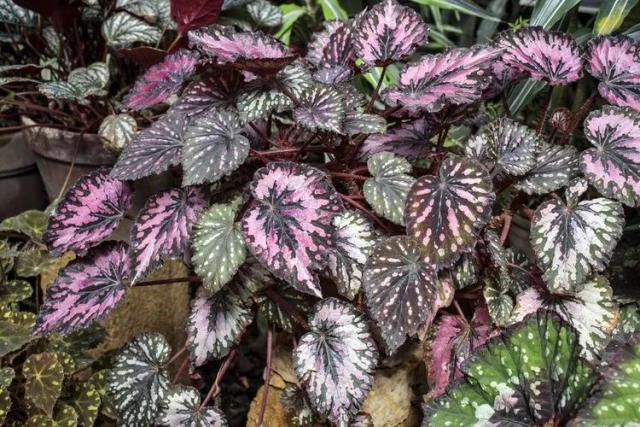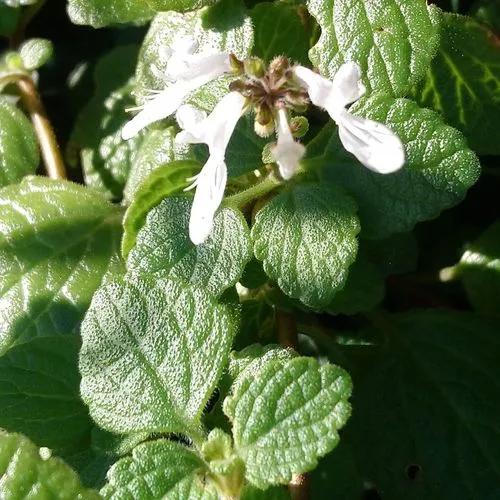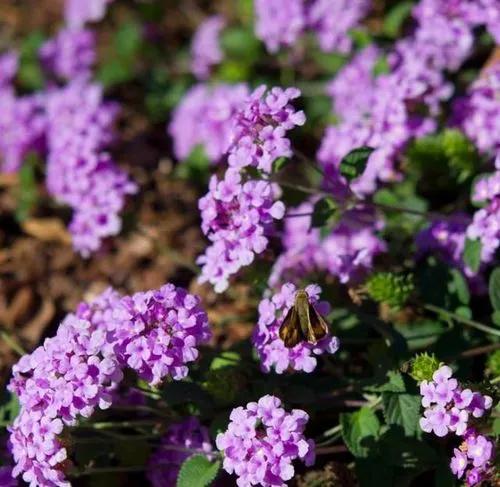Elaeagnus angustifolia, commonly called Russian olive, silver berry, oleaster, or wild olive, is a species of Elaeagnus, native to western and central Asia, Iran, from southern Russia and Kazakhstan to Turkey, and parts of Pakistan. As of 2020, it is widely established in North America as an introduced species.
Russian Olive Care
Elaeagnus Angustifolia



Elaeagnus angustifolia is a usually thorny shrub or small tree growing to 5–7 m (16–23 ft) in height. Its stems, buds, and leaves have a dense covering of silvery to rusty scales. The leaves are alternate, lanceolate, 4–9 cm (1 1⁄2–3 1⁄2 in) long and 1.0–2.5 cm (3⁄8–1 in) broad, with a smooth margin. The highly aromatic flowers, produced in clusters of one to three, are 1 cm long with a four-lobed creamy yellow calyx; they appear in early summer and are followed by clusters of fruit, a small cherry-like drupe 1.0–1.7 cm (3⁄8–11⁄16 in) long, orange-red covered in silvery scales. The fruits are sweet, though with a dryish, mealy texture.
The shrub can fix nitrogen in its roots, enabling it to grow on bare mineral substrates.In Iran, the dried powder of the fruit is used mixed with milk for rheumatoid arthritis and joint pains. It is also one of the seven items which are used in Haft Seen or the seven 'S's which is a traditional table setting of Nowruz, the traditional Persian spring celebration. There is evidence supporting beneficial effects of aqueous extract of Persian olive in reducing the symptoms of osteoarthritis with an efficacy comparable to that of acetaminophen and ibuprofen. Invasive in San Joaquin Valley, San Francisco Bay Area, southern Sierra Nevada, San Diego County, and parts of the Mojave Desert.
How to Care for the Plant

Popularity

741 people already have this plant 133 people have added this plant to their wishlists
Discover more plants with the list below
Popular articles






